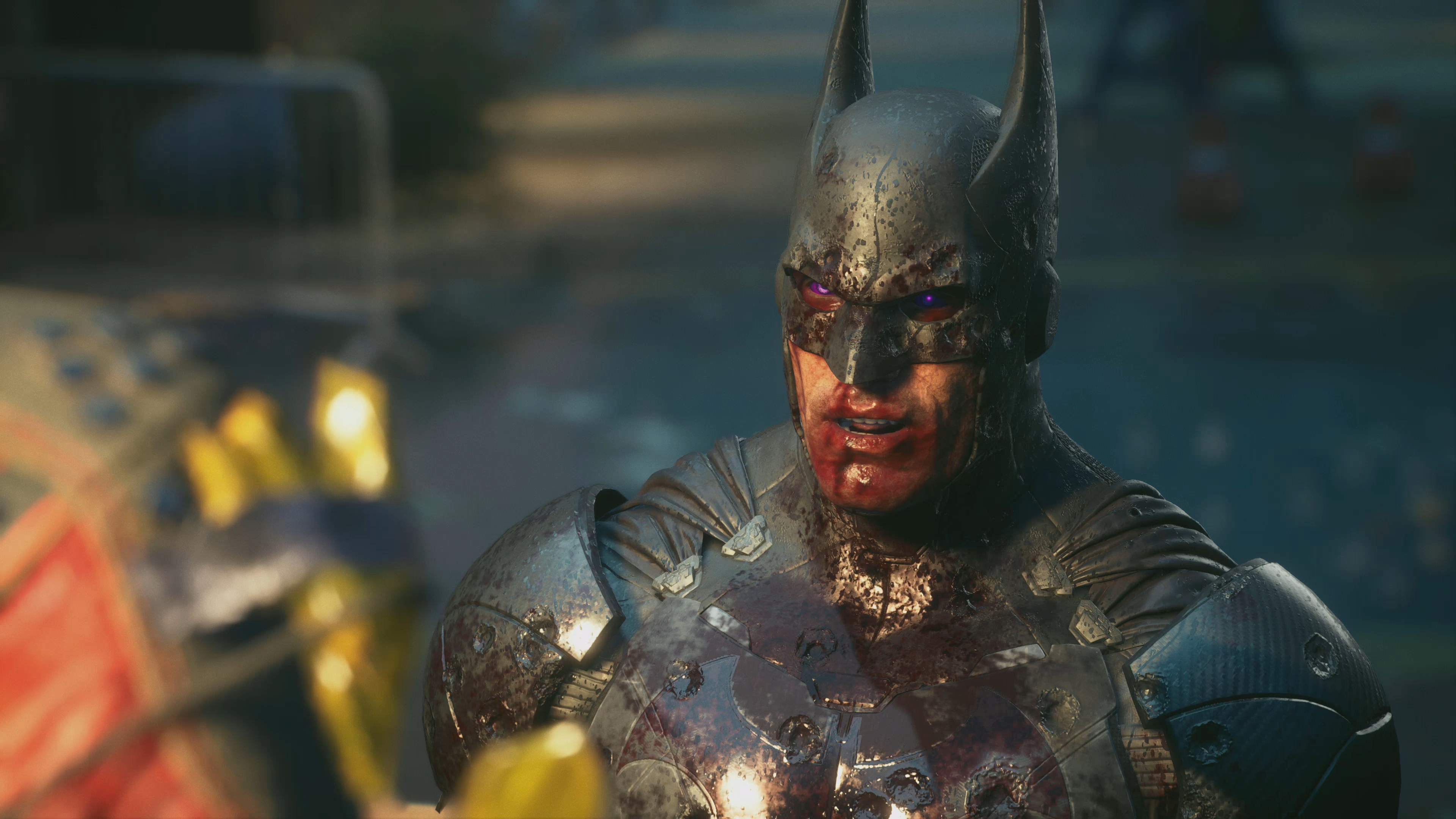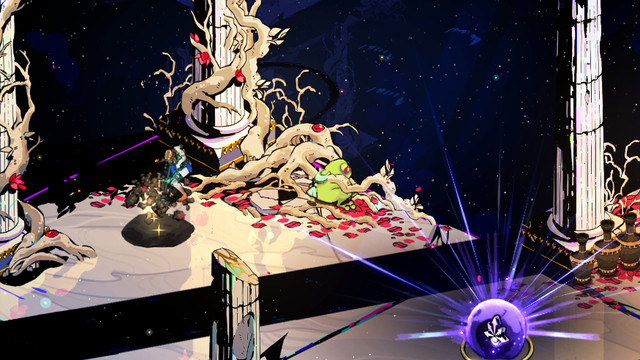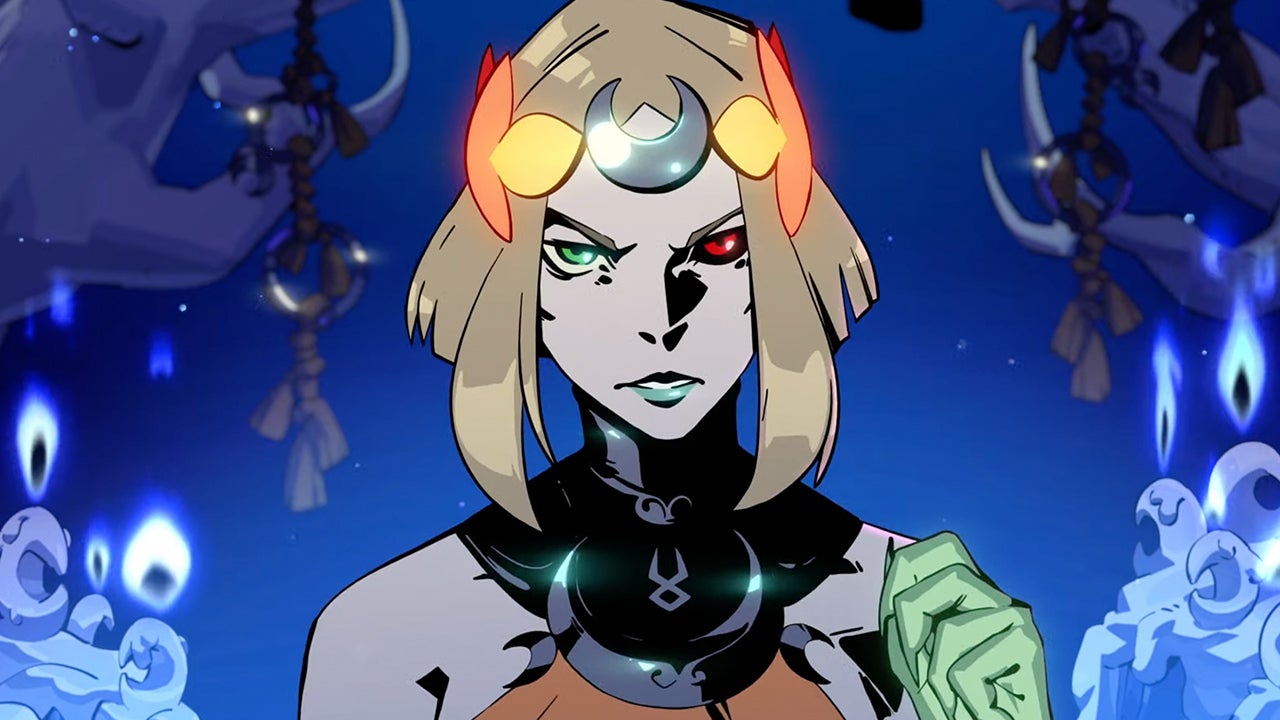This review is based on a screening at the 2023 BFI London Film Festival.
With the ceiling on fire, Kim Ki-yeol (Song Kang-ho) risks life and limb directing his latest film, convinced it will become an instant classic of Korean cinema, despite collapsing sets and government officials determined to shut things down. This is the all-consuming Cobweb of paranoia writer-director Kim Jee-woon explores with his audience, as hidden agendas, fragile egos, and mental breakdowns pour gasoline on the problems of moviemaking under a microscope in 1970s South Korea.
What follows is a combination of slapstick farce and character-driven drama. In a performance of extremes from Song, Ki-yeol suffers through stress-induced hallucinations, bone-dry moments of awkward comedy, and melodramatic clashes with Yu-rim, played to pampered perfection by Krystal Jung. Yu-rim stands her ground against the pushy director, giving Cobweb (not to be confused with the 2023 American horror film of the same title) some real substance early on before things go off the rails and writer-director Kim allows his film to drift towards self-indulgence in its collision of fictional worlds.
That’s the main problem with Cobweb: a focus on creative process takes priority, leaving audiences without a story to distract them from the needless, ultimately overbearing display of visual showmanship. As much as Kim would like Cobweb to compete with Alejandro E. Inarritu’s Birdman or (The Unexpected Virtue of Ignorance) in terms of storytelling, it comes closer to James Franco’s The Disaster Artist in execution, if not subject matter. For some that might sound harsh, since Cobweb featured out of competition at Cannes this year and boasts solid performances from Im Soo-jung (reuniting with Kim after 2004’s A Tale of Two Sisters), as well as Jeon Yeo-been, making a formidable impression as the heir to studio head President Baek (Jang Young-Nam).
However, if Cobweb succeeds anywhere beyond those central performances, it comes through best in Kim’s desire to understand the importance of cinema for writer-directors such as himself – on this occasion, he seems to have used filmmaking as some form of therapy. He puts Ki-yeol in the crosshairs of narrow-minded politicians who see no value in cinema beyond a means of spreading propaganda. If he had allowed more of that to come through in Cobweb, then this might have become a film with something original to say about the state of censorship. Sadly, it turns into an exercise in self-indulgence that will leave most audiences wondering about the point he’s trying to make.
It is a shame Kim decided to take things in a direction that adds little value beyond showcasing cinematic techniques. When the chaos created by a closed set fails to make people laugh in its final minutes, Cobweb turns into a claustrophobic scramble for closure that undermines any political statements, leaving an audience oblivious to the underlying message. All the preceding scenes of slapstick that concealed something more serious beneath the surface lose their power when technical razzle-dazzle overshadows everything else. Numerous obstacles may stand between an exasperated Ki-yeol and his efforts to finish a film that never measures up to the masterpiece in his mind, but as events inevitably escalate, Cobweb reveals itself to be nothing more than an exercise in style over substance.









